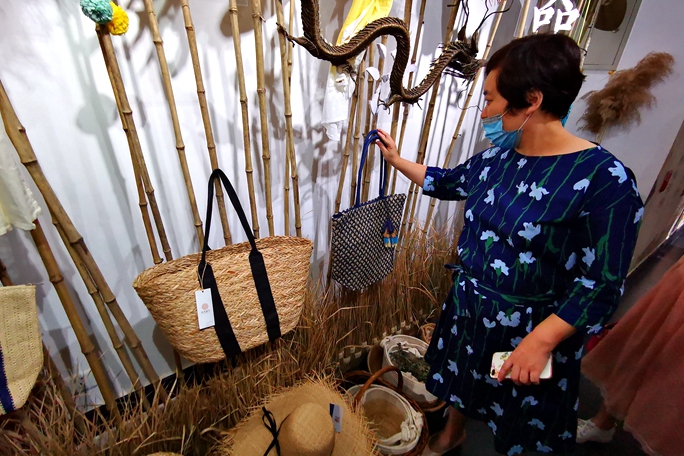Sun Bin
Sun Bin was a military strategist born in what was then Juancheng of Qi State (now Yanggu county, Liaocheng, Shandong province). He was considered by many scholars as one of the most outstanding military strategists and politicians of his time, after his ancestor Sun Tzu (Sun Wu), another great Chinese military strategist of the late Spring and Autumn Period (770-476 BC).
Sun Bin received his name in ancient historical books because he suffered from a “Bin” (kneecap) corporal punishment in ancient China. The punishment involved the removal of one’s kneecaps.
Sun Bin displayed talent from an early age. His cleverness and wit was the cause of envy from a classmate named Pang Juan, who later became a strategic general in the State of Wei. As the two boys became men later in life, Pang Juan deceived Sun Bin into going to the State of Wei and framed him for being a traitor. Sun Bin suffered from the corporal punishment and his kneecaps were removed. He also had his face tattooed as a mark of humiliation.
Sun Bin escaped imprisonment at the hands of Pang Juan and fled to the State of Qi. While there, he was appointed as the State’s military advisor, based on his reputation and talent.
After his appointment, Sun defeated the Wei troops – who were under the leadership of Pang Juan - through many skilled strategies, such as “Besiege the State of Wei to Rescue the State of Zhao” and “Decrease the amount of pots in the march of army to pretend the Qi army is getting weaker and weaker”.
Pang Juan was fooled by Sun’s tactics and his army fell into an ambush when he arrived at a place called Maling. The Wei army was completely defeated and Pang Juan committed suicide.
Sun Bin amassed a collection of his military strategies, which he named Sunbin Bingfa (Sun Bin: The Art of War). A residual part of the collection was found in Yinque Mountain, in the city of Linyi of Shandong province in 1972. It contained more than 11,000 words.

 Shandong Culture and Tourism Consumption Season
Shandong Culture and Tourism Consumption Season Culture, tourism sectors pick up in Shandong as epidemic wanes
Culture, tourism sectors pick up in Shandong as epidemic wanes

